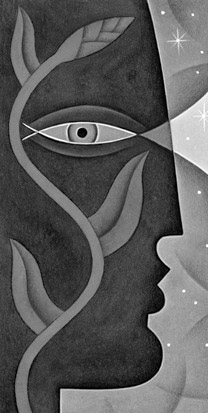HEROD AGRIPPA I

For good or evil, families have lasting and powerful influence on their children. Traits and qualities are passed on to the next generation, and often with the mistakes and sins of the parents being repeated by the children. Four generations of the Herod family are mentioned in the Bible. Each leader left his evil mark: Herod the Great murdered Bethlehem’s baby boys; Herod Antipas was involved in Jesus’ trial and John the Baptist’s execution; Herod Agrippa I murdered the apostle James; and Herod Agrippa II was one of Paul’s judges.
Herod Agrippa I related fairly well to his Jewish subjects. He had a Jewish grandmother of royal blood (Mariamne), which allowed the people to accept him—though grudgingly. As a youth, Agrippa I had been temporarily imprisoned by the emperor Tiberias, but he was now trusted by Rome and got along well with the emperors Caligula and Claudius.
An unexpected opportunity for Herod to gain new favor with the Jews was created by the Christian movement. Gentiles began to be accepted into the church in large numbers. Many Jews had been tolerating this new movement as a sect within Judaism, but its rapid growth alarmed them. Persecution of Christians was revived, and even the apostles were not spared. James was killed, and Peter was thrown into prison.
But soon Herod made a fatal error. During a visit to Caesarea, the people called him a god, and he accepted their praise. Herod was immediately struck with a painful disease, and he died within a week.
Like his grandfather and uncle before him, and his son after him, Herod Agrippa I came close to the truth but missed it. Because religion was important only as an aspect of politics, he had no reverence and no qualms about taking praise that only God should receive. His mistake is a common one. Whenever we become proud of our own abilities and accomplishments, not recognizing them as gifts from God, we repeat Herod’s sin.
Strengths and accomplishments |
|
Weaknesses and mistakes |
|
Lessons from his life |
|
Vital statistics |
|
Key verse |
“And immediately the angel of the Lord smote him, because he gave not God the glory: and he was eaten of worms, and gave up the ghost” (Acts 12:23). |
Herod Agrippa I’s story is told in Acts 12:1-23.